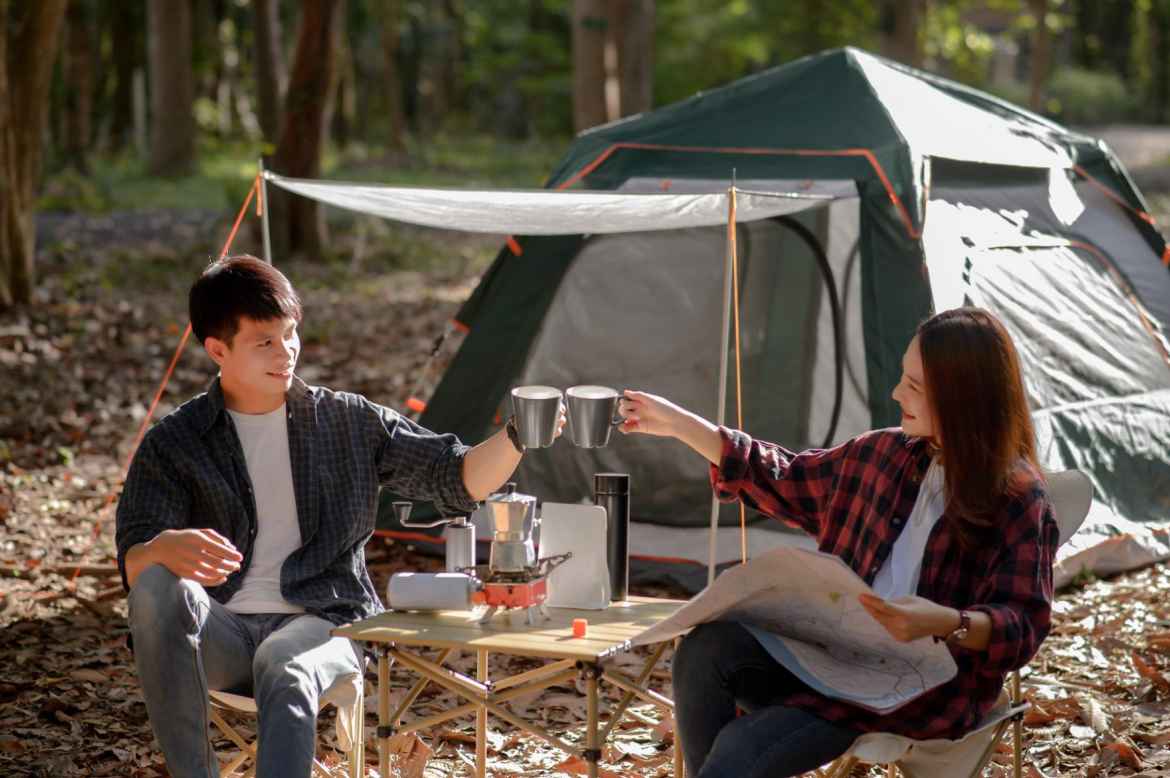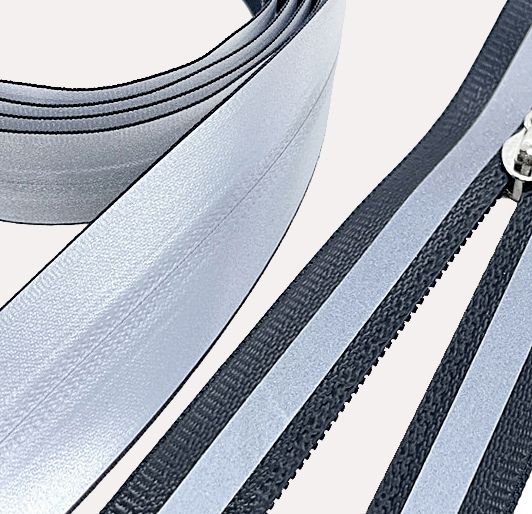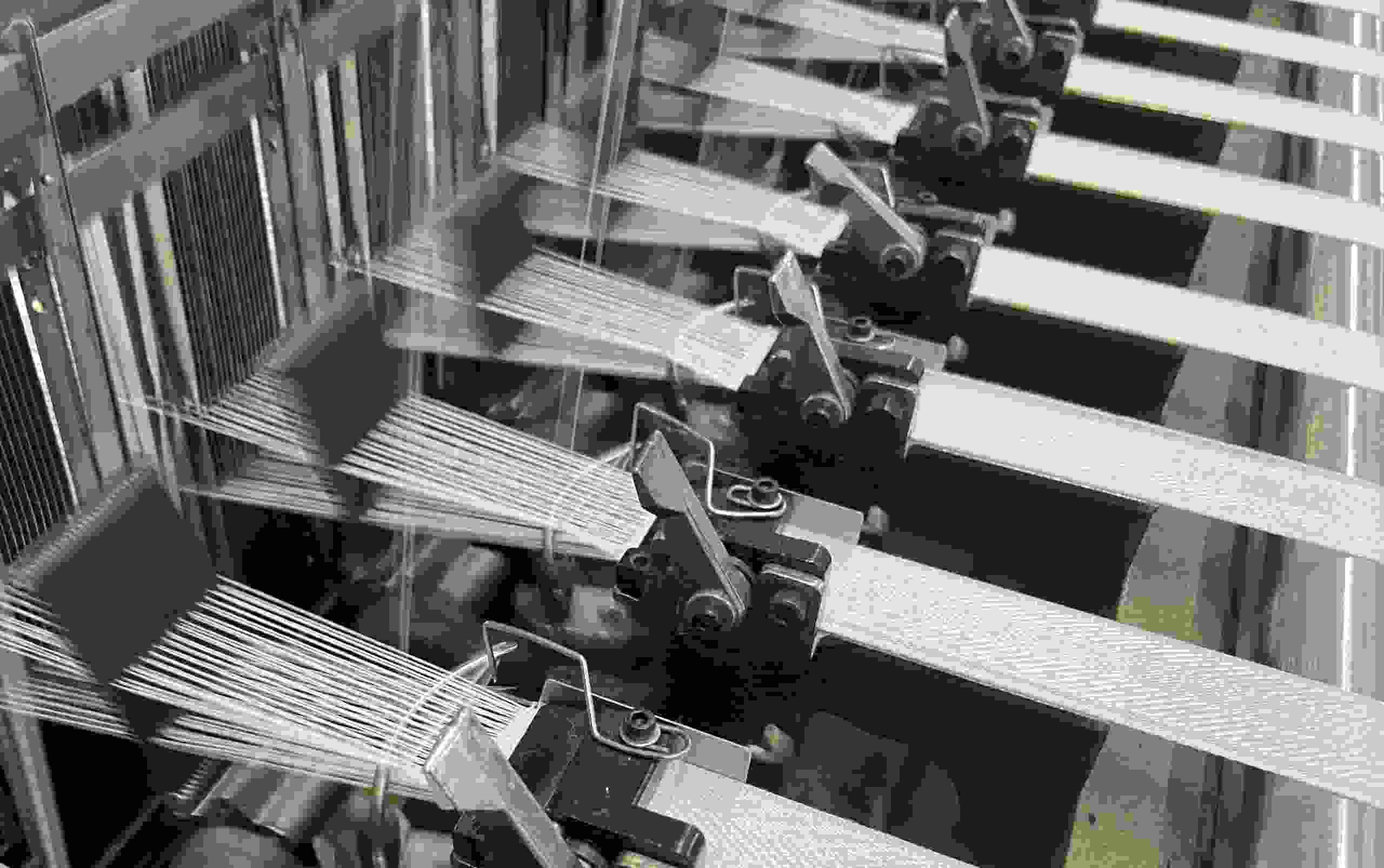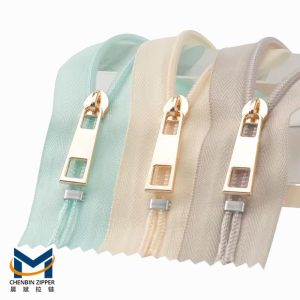Pourquoi les fermetures éclair de tente sont une grande affaire pour l'équipement d'extérieur
Qu'est-ce que l'affaire avec les fermetures éclair dans les tentes?
Les fermetures éclair sont un changement de jeu pour toute tente, faisant une grande différence dans la facilité d'utilisation, la résistance aux intempéries et la durée de vie. Une fermeture à glissière solide maintient votre tente ferme, bloquant le vent, la pluie et les insectes. La meilleure chose que vous pouvez faire pour prolonger la durée de vie de la fermeture à glissière est d'aller lentement et d'utiliser deux mains lors de la fermeture à glissière de votre tente ouverte ou fermée. Cela montre que manipuler les fermetures éclair à droite maintient votre tente en bonne forme.
De plus, les fermetures éclair doivent fonctionner en douceur dans toutes sortes de conditions extérieures - pensez aux matins froids de montagne ou aux nuits de forêt collantes. Ils sont essentiels pour des entrées et sorties rapides, surtout lorsque le temps est difficile ou lorsque vous devez vous déplacer rapidement en cas d’urgence.
Comment les différents types de fermeture éclaire affectent-ils la durabilité de la tente?
Les fermetures éclair sont disponibles dans toutes sortes de types, chacune avec sa propre ambiance pour la durabilité et l'utilisation. Les fermetures à glissière en bobine, généralement en nylon, sont pliables et ne s’embouteillent pas facilement, ce qui les rend parfaits pour les tentes qui ont besoin d’une fermeture à glissière lisse autour des courbes. Les fermetures éclair dentaires (Vislon), en plastique moulé, sont plus raides et conçues pour les tâches lourdes. Les fermetures éclair métalliques sont fortes mais peuvent rouiller au fil du temps.
Les fermetures éclair en bobine de nylon sont légères, flexibles et résistantes, ce qui les rend incroyables pour l'équipement d'extérieur comme les sacs à dos, les tentes et les sacs de couchage. Ils gèrent le stress comme des champions, c’est pourquoi ils sont un go-to pour les fermetures éclair lourdes pour les tentes.
Quels matériaux sont utilisés dans les fermetures éclair de tente?
Les fermetures éclair pour tentes sont généralement disponibles en trois matériaux: nylon (bobine), résine (dents en plastique) et métal. Les fermetures éclair en nylon sont pliables, résistent à l'usure et peuvent prendre un coup sans se casser. Ils sont également beaucoup mieux à résister à la rouille que les métalliques.
Les fermetures éclair en plastique ou en résine sont moulées sur le ruban et sont disponibles sous toutes sortes de formes et de couleurs. Ils sont cool mais pas aussi flexible que le nylon. Les fermetures-éclair métalliques sont super fortes mais nécessitent plus de TLC car elles peuvent rouiller dans des conditions humides.

Pouvez-vous remplacer une fermeture éclair de tente?
Quand devriez-vous échanger un Fermeture éclair?
Vous devriez réfléchir à remplacer votre fermeture à glissière de tente si elle reste bloquée, s'ouvre après la fermeture à glissière ou si les dents semblent cassées. Quels sont les signes qu'une fermeture éclaire en nylon a besoin de remplacement? Des embouteillages fréquents, des dents cassées ou un curseur qui ne saisit plus la bobine.
Un autre indice est lorsque la lubrification ou les petites réparations ne font plus le truc, surtout après que la fermeture à glissière ait été soumise à beaucoup de poussière ou de grille.
Quels sont les signes d'une fermeture éclair de tente cassée?
Les drapeaux rouges communs incluent :
- Temps difficile à tirer le curseur
- Les dents ne s'alignent pas correctement
- Zipper scission ouverte après que vous l'éclairez
- Slider dégageant complètement
Gardez les fermetures à glissière propres et exemptes de grain fin, qui peut s’usurer au curseur métallique de la fermeture à glissière au point où il ne serre plus les dents de la fermeture à glissière ensemble.
Ces problèmes surgissent souvent d'être dans les éléments ou de mauvaises habitudes de stockage.
Comment remplacer une fermeture éclair de tente sans détruire le tissu?
Pour échanger une fermeture éclair de tente sans gâcher le tissu :
- Utilisez des déchireuses de coutures pour retirer soigneusement les points.
- Alignez la nouvelle fermeture éclair juste avant de coudre.
- Prenez un fil fort fait pour les tissus d'extérieur.
- Renforcez les points de stress aux deux extrémités.
Peut-on réparer une fermeture éclair en nylon cassée ? Oui, en remplaçant le curseur ou en remontant la bobine, selon les dommages. Si vous n’êtes pas sûr de la réparation de fermeture éclair de tente bricolage, obtenir des professionnels pour le gérer pourrait être le mouvement.
Qu'est-ce qui fait la meilleure fermeture éclair tente?
Qu'est-ce qui fait une fermeture éclair de tente de haut niveau?
Une fermeture éclaire pour tente tueuse doit être résistante et glisser en douceur, quelles que soient les conditions. Les éléments clés comprennent:
- Résistance à la rouille
- Bendy sous pression
- Mécanisme de glissement facile
- Fonctionne avec des designs de tissus courbes
Bobine vs Dent (Vislon) vs Métal: Quels rochers en plein air?
Les fermetures éclair en bobine (nylon) gagnent pour la flexibilité et la légèreté - clé pour les tentes qui bougent beaucoup pendant l'installation ou dans des conditions ventilées.
Fermetures à fermeture éclair en nylon sont plus flexibles et plus doux, tandis que les types Vislon (dents) offrent une rigidité mais manquent d'adaptabilité autour des courbes. Le métal fonctionne mieux dans les applications statiques, mais souffre de risques de corrosion à l'extérieur.
Résistance aux intempéries et mouvements lisses
Ils sont résistants à l'eau et moins susceptibles de se corroder, ce qui les rend parfaits comme fermeture à glissière imperméable options pour les tentes utilisées dans des environnements humides.
Le fonctionnement en douceur est un must; Les glisseurs doivent fermer facilement la fermeture à glissière même lorsque le tissu de la tente est serré, ce qui arrive souvent avec des tentes bien inclinées.
Comment choisir la bonne taille et le bon type de fermeture éclair pour le camping?
Choisissez en fonction de :
- Où vous campez (humide ou sec)
- Combien de stress la fermeture à glissière doit manipuler
- Que vous ayez besoin de flexibilité ou de rigidité
Par exemple: les fermetures à glissière #5 sont parfaites pour l'usage quotidien dans une variété de styles de chaussures, tandis que les fermetures à glissière #7 à #10 sont idéales pour les bottes de travail, les bottes de randonnée, ce qui en fait d'excellents choix comme fermetures à glissière lourdes pour les tentes aussi.

Comment réparer une fermeture éclair de tente?
Quels outils avez-vous besoin pour réparer une fermeture éclair de tente cassée?
L'équipement de base comprend:
- Aiguille & fil
- Pinces
- Sliders de remplacement
- Lubrifiant comme la cire ou le savon
Vérifiez les obstructions, lubrifiez avec de la cire ou du savon, puis réalignez les dents si nécessaire.
Réparations rapides vs. réparations à long terme
Les réparations rapides peuvent signifier utiliser des pinces pour serrer des curseurs lâches ou taper du ruban adhésif sur des taches endommagées. Les réparations à long terme pourraient impliquer l’échange de curseurs ou de toute la chaîne à fermeture éclaire si elle est trop loin.
Lubrification, échanges de glisseurs et astuces de réalignement
Frottez la cire le long des dents pour un glissement plus lisse. Utilisez doucement les pinces sur les curseurs lâches. Réaligner les dents en faisant avancer lentement le curseur tout en guidant le tissu à la main.
Quand appeler les pros ?
Si vos réparations bricolage continuent d'échouer ou que vous finissez par déchirer le tissu, il est temps de rencontrer des professionnels spécialisés dans les services de réparation de fermeture éclaire pour tentes pour l'équipement d'extérieur.
CB Zipper: Un nom solide dans la fermeture éclaire Tent Fournisseurs
Qui est CB Zipper et qu'apportent-ils?
Chez CB Zipper, nous faisons des fermetures à glissière de haute qualité conçues pour des objets d'extérieur tels que des tentes, des sacs à coucher et des sacs à dos. CB Zipper offre une large gamme de fermetures à glissière y compris fermetures à glissière continueoptions de coupe à longueur, en utilisant des matériaux tels que la bobine de nylon (CFC), les dents en plastique moulées en résine (Delrin), les dents en métal - toutes personnalisables par longueur, couleur et fonction !
Produits CB Zipper pour usage extérieur
Nos fermetures éclair à chaîne longue en bobine de nylon sont légères mais durables, idéales pour les fabricants qui ont besoin de solutions en vrac qui assurent un fonctionnement sans heurt sur de longues longueurs typiques des grandes tentes.
Nous offrons également des fermetures éclair imperméables conçues spécialement pour les terrains accidentés où la protection contre l'humidité est essentielle.
Engagement pour la qualité et la résistance
Chaque produit que nous livrons est soumis à des contrôles de qualité rigoureux sur 11 indicateurs de performance tels que la résistance à la traction et résistance à la rupture de chaîne. Cela vous assure de recevoir des fermetures éclair fiables et durables.
Pourquoi utiliser CB Zipper pour les équipements de camping ou les réparations?
Nous offrons des délais de livraison flexibles (20 à 45 jours en fonction de la portée du projet) et un soutien complet à la personnalisation, de la sélection des matériaux aux coulissants de marque. préférences d'emballage - toutes adaptées aux spécifications de votre projet!

Choisir le bon fournisseur de fermeture éclaire pour tente
Qu'est-ce qui rend un fournisseur zipper digne de confiance?
Points clés à rechercher :
- Des tonnes d'options de produits
- Flexibilité de personnalisation
- Des contrôles de qualité solides
- délais de livraison raisonnables
Gamme de produits et options personnalisées
Nous fabriquons des fermetures-éclair personnalisées sans limites de longueur, de couleur, de forme de dent ou de marque, permettant une intégration transparente dans toutes les spécifications de conception que vous avez!
Certifications, délais de livraison et support
Nos installations maintiennent une production constante grâce à des machines avancées et main-d'œuvre qualifiée - assurant la livraison en temps opportun soutenue par une pré-vente dédiée; équipes post-vente. Vous pouvez compter sur nous comme votre soutien fort!
Comment CB Zipper se distingue à l'échelle mondiale
Avec une capacité de production annuelle de 88 millions de mètres, CB Zipper s'engage non seulement à respecter les normes de fabrication de volume mais aussi de précision. Nous comprenons ce qu'exige un équipement robuste et nous fournissons en conséquence!
FAQ
Q: Puis-je utiliser des fermetures éclair régulières au lieu de celles spécifiques à la tente?
A: Non - les options spécifiques à la tente comme la bobine de nylon offrent une meilleure flexibilité & résistance environnementale que les variantes d'utilisation standard de vêtements.
Q: Pourquoi ma fermeture à glissière de tente continue-t-elle à s'ouvrir après que je l'ai fermée à glissière?
R: Probablement des coulissants usés qui ne tiennent pas bien. Gardez les fermetures éclair propres et libres de grains fins qui peuvent causer ce problème au fil du temps.
Q: Comment puis-je entretenir mes fermetures éclair pendant les voyages de camping?
R: Lubrifiez régulièrement avec de la cire / du savon, allez lentement lorsque vous opérez autour des courbes, gardez-vous à l'abri de la saleté et évitez de forcer les pièces coincées!




